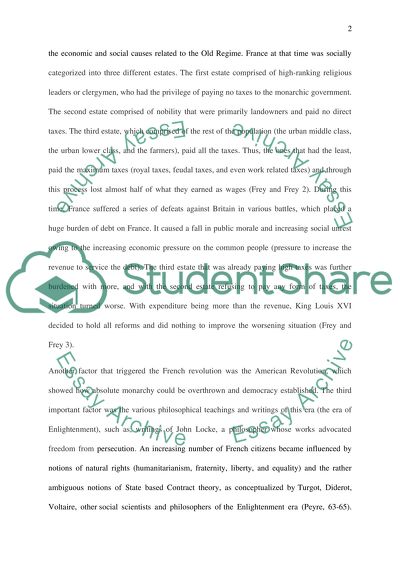Cite this document
(“What caused the French revolution Research Paper”, n.d.)
Retrieved from https://studentshare.org/history/1401452-what-caused-the-french-revolution
Retrieved from https://studentshare.org/history/1401452-what-caused-the-french-revolution
(What Caused the French Revolution Research Paper)
https://studentshare.org/history/1401452-what-caused-the-french-revolution.
https://studentshare.org/history/1401452-what-caused-the-french-revolution.
“What Caused the French Revolution Research Paper”, n.d. https://studentshare.org/history/1401452-what-caused-the-french-revolution.


